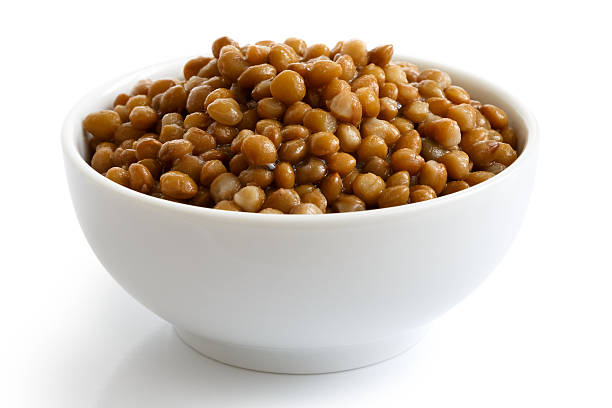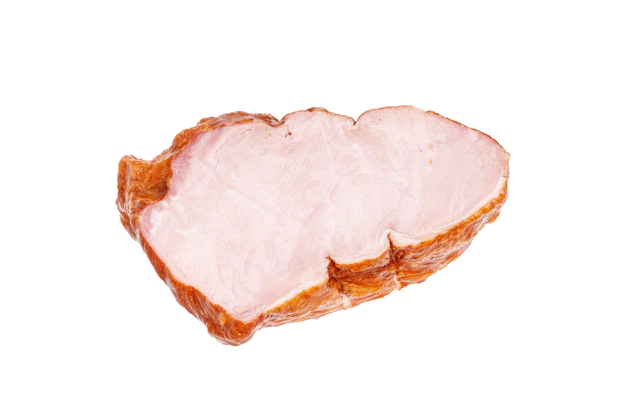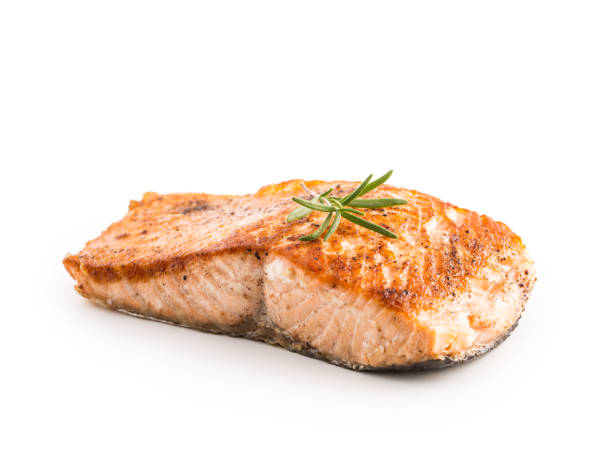What is Vitamin B1?
Vitamin B1 (or thiamine) is one of the water-soluble B vitamins. Thiamine is found naturally in some foods, is added to others, and is available as a dietary supplement. This vitamin plays a critical role in energy metabolism and, therefore, in cell growth and function. Humans store thiamine mainly in the liver, but in very small quantities. The vitamin has a short half-life, so people require a constant supply of it from the diet.
Properties & Benefits of Vitamin B1 in our body:

Metabolism & Thiamine
About 80% of the approximately 25-30 mg of thiamine in the adult human body is in the form of thiamine diphosphate (TDP), the major metabolically active form of thiamine. TDP serves as a key cofactor for five enzymes involved in the metabolism of glucose, amino acids and lipids. It is a vitamin necessary for the production of energy from carbohydrates and metabolism as a whole as it participates in a variety of biochemical processes.

Energy and Endurance
Vitamin B1 regulates energy metabolism in physical activity and is widely used as a dietary supplement to improve exercise performance. Among vitamins, thiamine is a coenzyme that plays an important role in the metabolism of carbohydrates and branched-chain amino acids. The reduction of thiamine in the cell degrades the activation of the enzyme, reduces the biosynthesis of ATP, and causes fatigue.

Nervous system
Neurotropic B vitamins play critical roles as coenzymes in the nervous system. In particular, vitamin B1 (thiamine), B6 (pyridoxine) and B12 (cobalamin) contribute significantly to maintaining a healthy nervous system. Their importance is emphasized by many neurological diseases associated with deficiencies in one or more of these vitamins, but they can improve certain neurological conditions even without (proven) deficiency.

Athletes and thiamine
Research shows that exercise can increase the body's need for thiamine (vitamin B1) and other B vitamins. This is probably because B vitamins are involved in energy production and tissue repair and may be necessary for normal recovery after exercise. Studies have shown that people who work hard or workout hard in sports may need extra thiamine, riboflavin (vitamin B2) and vitamin B6. However, the extra amount needed is small and is easily obtained through food. In one study, they found that when thiamine intake was limited in healthy men, athletic performance decreased over a period of 11 weeks.
How much vitamin B1 do we need per day?
According to the National Institutes of Health, the recommended daily allowance for vitamin B1 depends on age and gender.

| Age | 🚹 Men | 🚺 Women |
|---|---|---|
| 0-6 months | 0.2 mg | 0.2 mg |
| 7-12 months | 0.3 mg | 0.3 mg |
| 1-3 years | 0.5 mg | 0.5 mg |
| 4-8 years | 0.6 mg | 0.6 mg |
| 9-13 years | 0.9 mg | 0.9 mg |
| 14 -18 years | 1.2 mg | 1.0 mg |
| 19 + | 1.2 mg | 1.1 mg |
Foods Rich in Thiamine (B1)
Plant Origin

28 g of cleaned sunflower seeds
164 calories

200 g of boiled brown rice (1 cup)
0.36 mg | 248 calories

200 g of boiled lentils (1 cup)
0.335 mg | 230 calories

2 slices of wholemeal bread (60g)
0.3 mg | 160 calories

2 slices of wheat bread (60g)
0.238 mg | 140 calories

180 g boiled white beans (1 cup)
0.2 mg | 249 calories
Animal Origin

100 g roast pork -
0.7 mg | 297 calories

100 g roasted salmon
0.34 mg | 206 calories

100 g cooked mussels
0.3 mg | 172 calories

100 g roasted trout
0.143 mg | 168 calories

1 cup low fat yogurt (245 gr)
0.108mg | 154 calories

1 glass of milk (250 ml)
0.095mg | 122 calories
Symptoms of vitamin B1 deficiency
- Weight loss
- Anorexia
- Confusion
- Short-term memory loss
- Muscular weakness
- Cardiovascular symptoms
- Beri beri
- Wernicke-Korsakoff Syndrome
In addition to inadequate dietary thiamine intake, causes of thiamine deficiency include lower absorption or higher rates of excretion than normal due to, for example, certain conditions (such as alcohol dependence or HIV / AIDS) or the use of certain medications. . In its early stages, thiamine deficiency can cause weight loss and anorexia, confusion, short-term memory loss and other mental signs and symptoms. muscular weakness; and cardiovascular symptoms (such as an enlarged heart).
Some common conditions due to severe vitamin B1 deficiency are:
- beriberi which is mainly characterized by peripheral neuropathy and attenuation. In rare cases, beriberi cause congestive heart failure which leads to swelling of the lower extremities and, occasionally, death.
- The Wernicke-Korsakoff syndrome is a disorder that is approximately 8-10 times more common in people with chronic alcoholism than in the general population but can also develop in patients with severe gastrointestinal disorders.
Who is at risk of vitamin B1 deficiency
The following groups are more likely to be deficient in vitamin B1:
- People addicted to alcohol
- Elderly 🧓
- People with HIV/AIDS
- People with diabetes
- People who have undergone bariatric surgery
Maximum Intake of Vitamin B1
The body excretes excessive amounts of thiamine in the urine. Due to the lack of reports of adverse reactions from high thiamine intake (50 mg / day or more) from food or supplements, the FNB did not set a UL for thiamine. They suggest that the apparent lack of toxicity may be explained by the rapid decrease in thiamine absorption at doses above 5 mg. However, the FNB noted that despite the lack of reported side effects, excessive thiamine intake could have adverse effects.
Sources and References
- Vitamin Β1 Health Professionals Fact Sheet - USA National Institute of Health
- Vonsdale D. A review of the biochemistry, metabolism and clinical benefits of thiamin(e) and its derivatives. Evid Based Complement Alternat Med. 2006
- Choi SK, Baek SH, Choi SW. The effects of endurance training and thiamine supplementation on anti-fatigue during exercise. J Exerc Nutrition Biochem. 2013
- Calderón-Ospina CA, Nava-Mesa MO. B Vitamins in the nervous system: Current knowledge of the biochemical modes of action and synergies of thiamine, pyridoxine, and cobalamin. CNS Neurosci Ther. 2020;
- How does thiamine (vitamin B1) help athletes recover after exercise? -ShareCare
